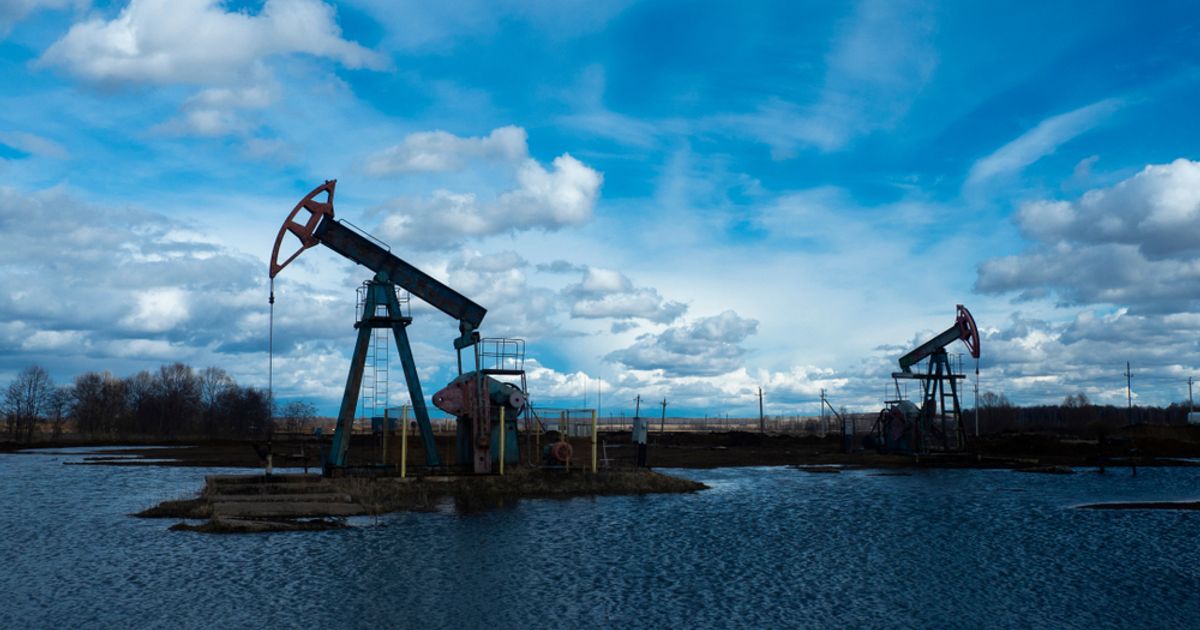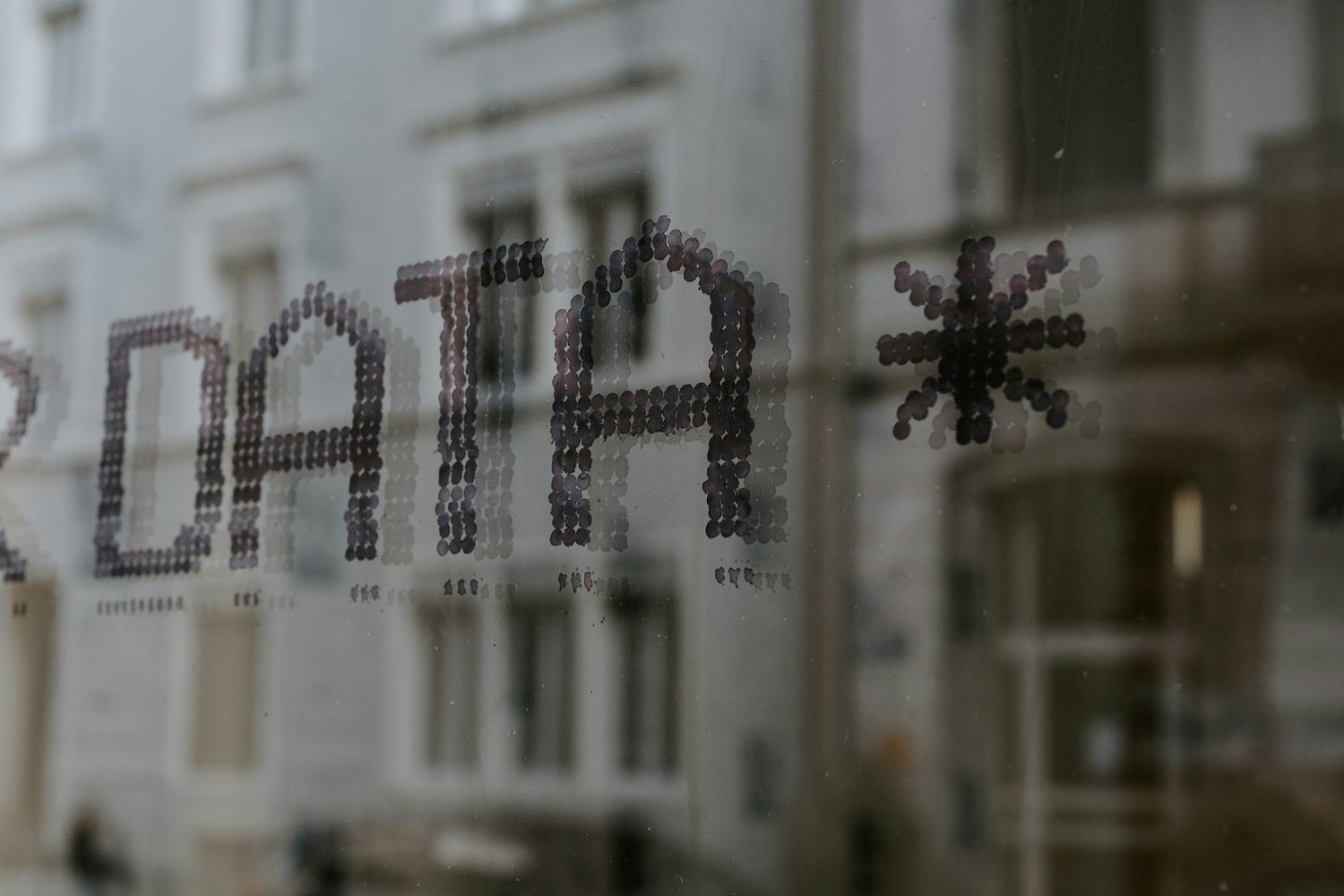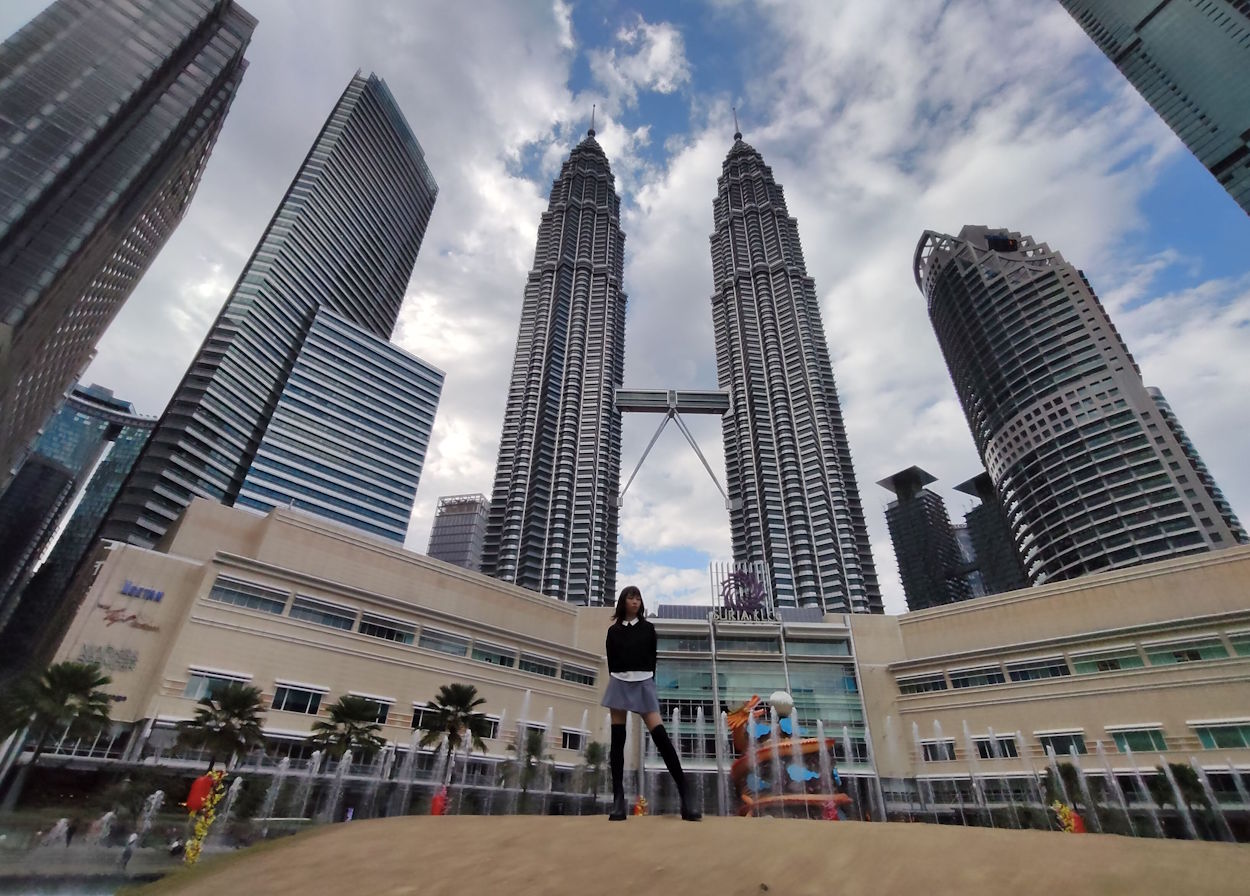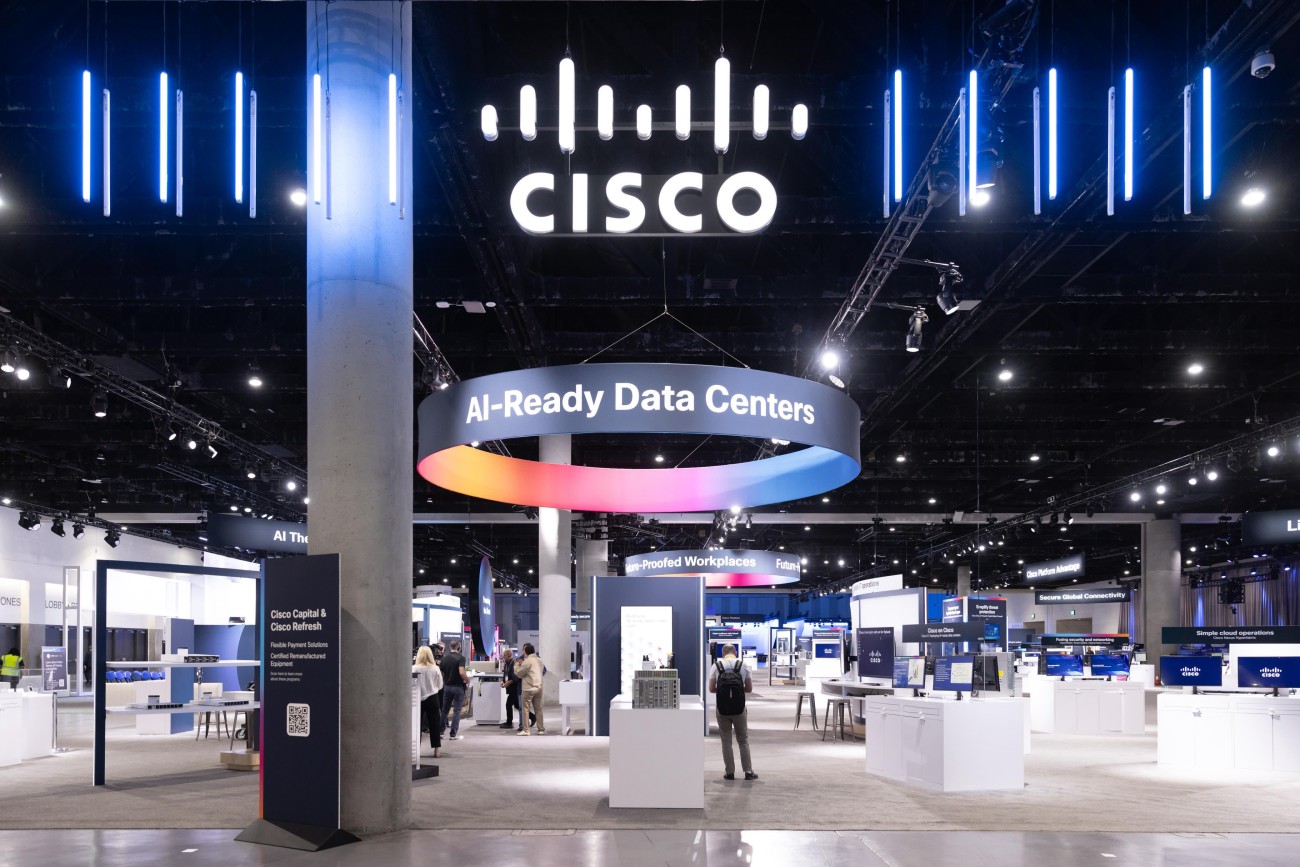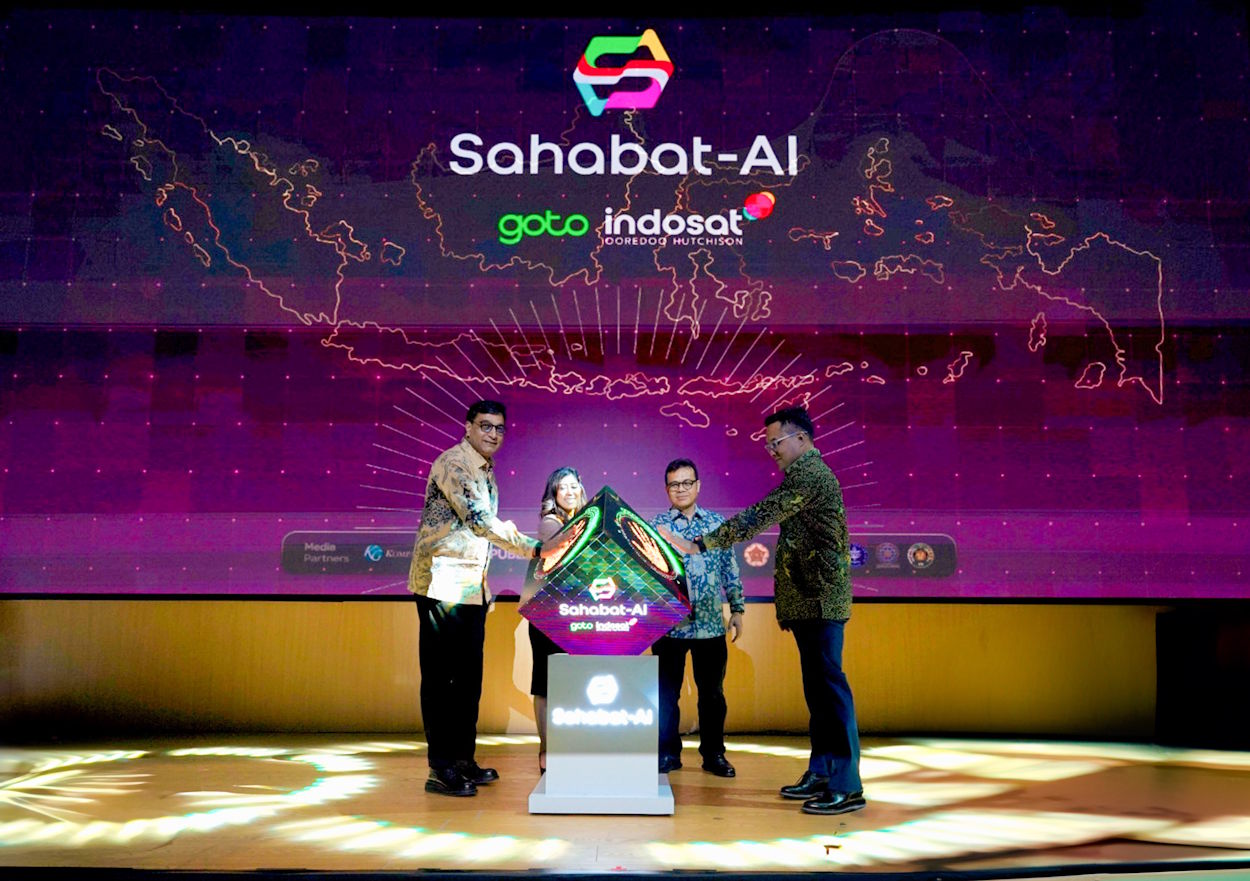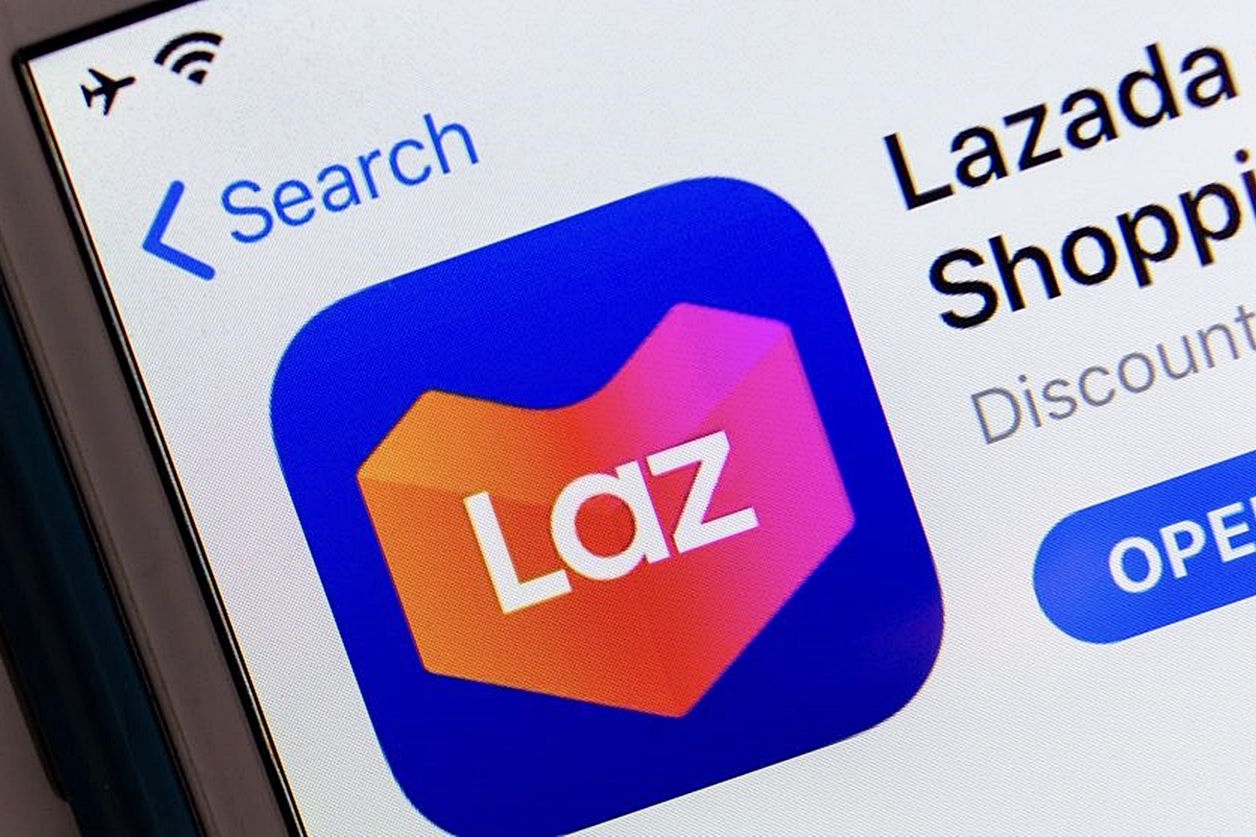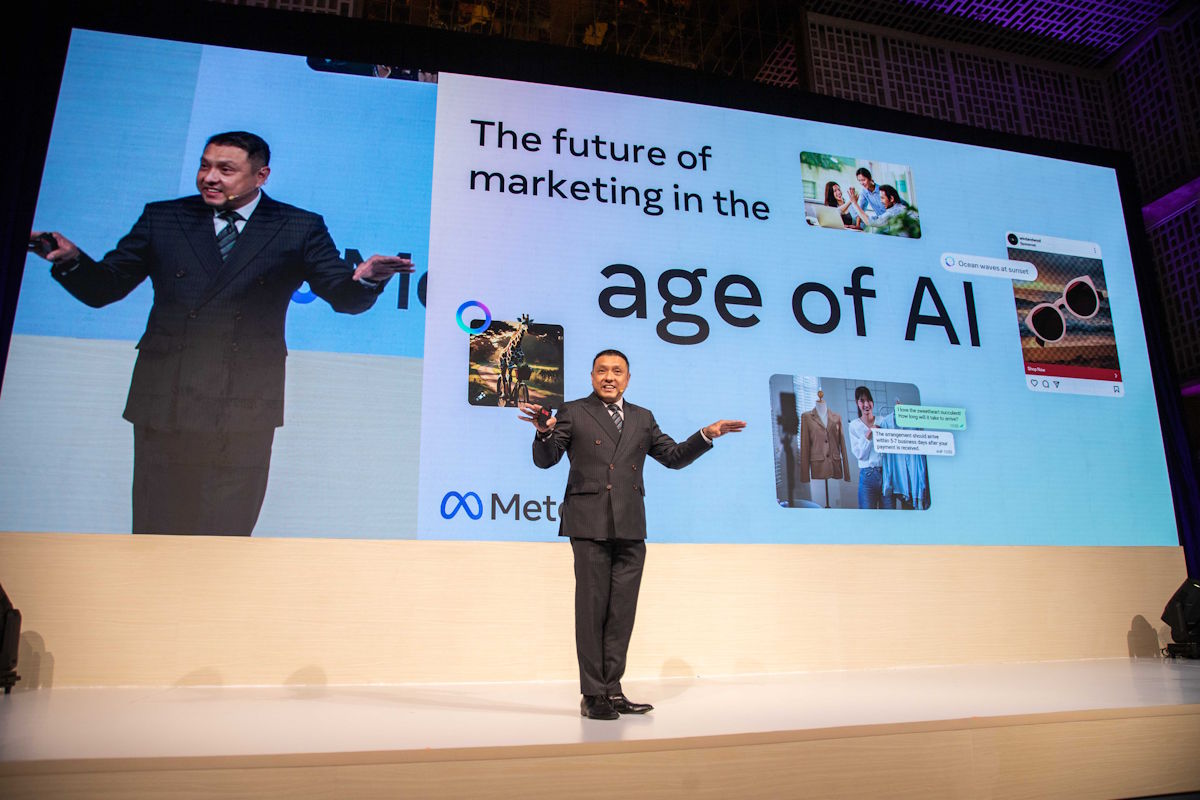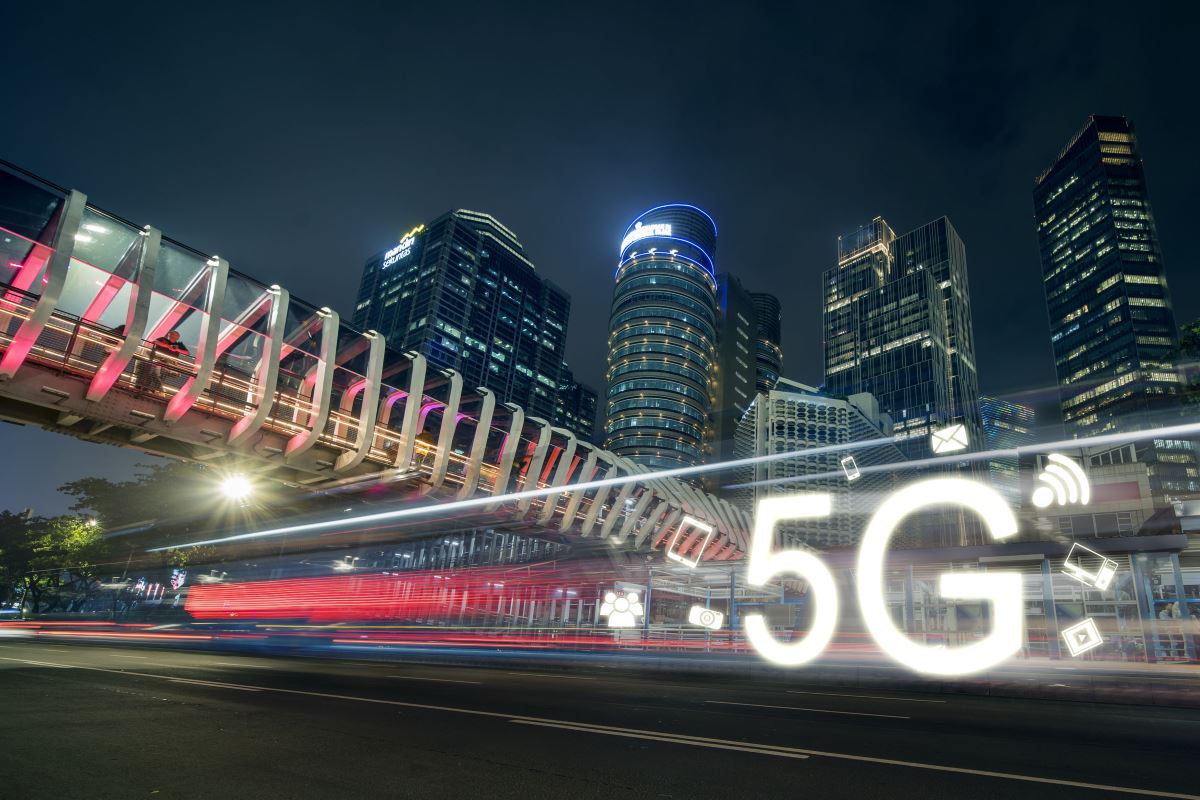
A sudden purge: Facebook Groups disappear overnight
Since June 24–25, 2025, thousands of Facebook Groups have vanished worldwide—with reports from the U.S., Canada, Indonesia, Thailand, Vietnam, and beyond. The removals span seemingly innocuous communities: parenting forums, gaming clans, bargain-sharing hubs, pet-owner groups, and more (reddit.com). Administrators awoke to missing communities, vague violation notices citing “terrorism-related content” or “nudity,” and limited recourse beyond automated appeals.
One Indonesian affected shared:
“In Indonesian communities/groups, there are like 40+ groups that got suspended in 3–4 hours.” (reddit.com, reddit.com)
Another Reddit admin described the scope:
“I just woke up to find all of our groups got suspended and every single admin account taken down.”
Meta responds: “Technical error” — fix underway

Meta spokesperson told us via Instagram Direct Message:
“We’re aware of a technical error that impacted some Facebook Groups. We’re fixing things now.”
Meta has yet to reveal the root cause, but interruptions affecting Instagram and Facebook accounts earlier this month suggest systemic issues in AI-led moderation across its platforms.
While Meta’s US-based data sets influence moderation algorithms, global-scale automation also affects regional communities. Reports of mass group removals in Indonesia—targeting local political discussion groups and hobbyist forums—echo earlier suspensions in Southeast Asia.
AI moderation systems may react to seemingly innocuous content—like avatars or keywords—interpreting them under global contexts and resulting in unintended takedowns of region-specific communities.
AI moderation: efficiency or excessive misuse?
Meta implemented AI-intensive moderation since early 2025, as part of a shift to mitigate over-censorship from human fact-checkers. But the abrupt widespread removals reveal several systemic issues:
- Automated report cascades
Malicious actors could have deployed bots to mass-report groups, triggering automated flagging en masse. - Algorithmic keyword blind spots
Groups discussing politically or socially sensitive keywords—like Palestine, LGBTQ+, or mental health—are disproportionately affected, even when content is benign. - Lack of human oversight
The speed and uniformity of the takedowns suggest minimal manual review, making error-driven removals more likely at scale.
On the ground: community reactions and advice
Reddit admin feedback offers a cautionary tale:
“Appeals is mostly the no go right now… the moment you submit the appeal, there’s a high chance it goes to the AI and rejects it, thus permanently disabling you.” (reddit.com)
A global admin observed:
“Appeals… may worsen the situation.” (reddit.com)
Communities advise a hands-off strategy: wait 24–72 hours, monitor group status, and avoid repetitive appeals or changes that could trigger the AI again.
Economic ripple effects on businesses and creators
Beyond social interaction, many affected Groups support small businesses, creators, and micro‑entrepreneurs. One Arkansas-based “Deals for Kids” group with 540,000 members reported suspension despite ongoing contact with Meta support (reddit.com).
Loss of visibility, trust, and communication channels can disrupt:
- Marketing campaigns and product launches
- Affiliate and coupon-based revenue
- Community support structures, especially in emerging economies
As more businesses in Indonesia and Southeast Asia leverage Facebook communities to scale reach and sales, such incidents risk eroding confidence in Meta’s ecosystem.
An urgent call: restore trust and reinforce moderation
For Gizmologi’s readers—UMKM leaders, content creators, and business owners—the incident is a warning:
- Stay alert: Monitor group status and admin communications closely.
- Diversify channels: Prepare Telegram, Discord, WhatsApp, or email alternatives.
- Document actions: Save screenshots of notices, group sizes, dates—useful if legal or business continuity becomes necessary.
- Escalate judiciously: Use official Help Center or business support for verified accounts, but avoid unnecessary appeals until the fix rolls out.
Meta should prioritize transparency, explaining whether AI algorithms, malicious reporting, or new policy thresholds caused the disruption. Rebuilding trust requires clear feedback loops and prompt remediation.
Looking ahead: policy implications for AI governance
This episode is part of a broader conversation around AI moderation:
- Automated vs. human oversight: Finding balance remains challenging. AI offers scalability but lacks nuance; human review adds cost and complexity.
- Global sensitivity calibration: Moderation tools must account for regional linguistic and cultural contexts to avoid false positives.
- Legal and reputational stakes: Creators may pursue legal remedies after losing monetizable channels. Meta’s delayed responses could pose reputational and compliance risks.
Analysts note that AI overreach can create feedback loops: bad outcomes prompt blanket restrictions, degrading platform value — hurting engagement and advertiser ROI.
Conclusion
The sudden disappearance of thousands of Facebook Groups—across the globe and notably in Asia, including Indonesia—is a compelling case study in the limitations of AI-first moderation. While Meta acknowledges a “technical error” and moves to restore affected communities, the incident underscores broader issues: systemic algorithmic blind spots, lack of nuanced oversight, and rising economic risks for small businesses and creators reliant on Facebook groups.
For Indonesian SMEs and content professionals, the takeaways are clear: diversify engagement strategies, prepare fallback channels, and insist on transparency from platform providers. Meanwhile, policymakers and tech firms must push for advances in regional sensitivity and explainable AI before the next large‑scale moderation misfire.
If you lead a business through Facebook Groups or manage one now affected, your experiences and insights can amplify the need for better AI governance. Share your story—collectively, we can shape safer digital ecosystems.







